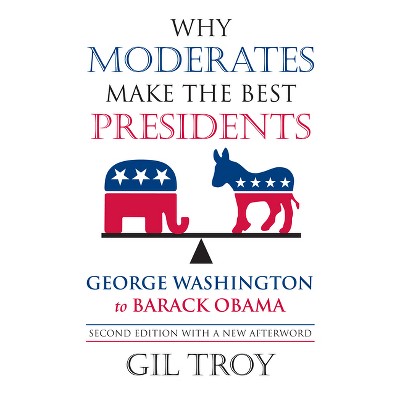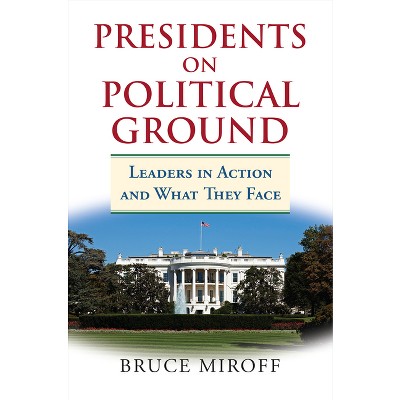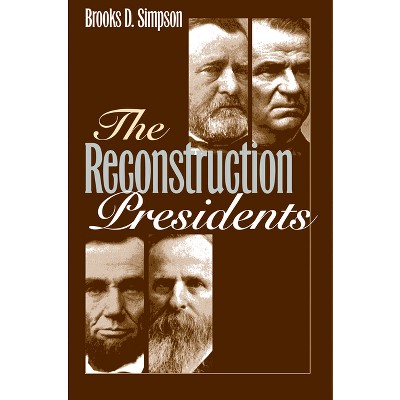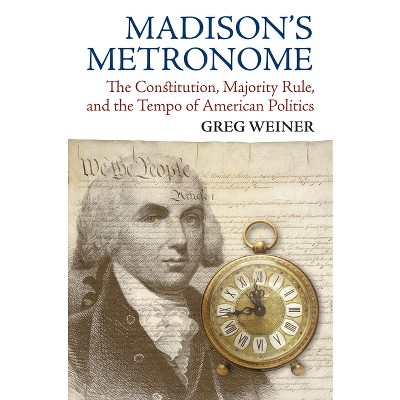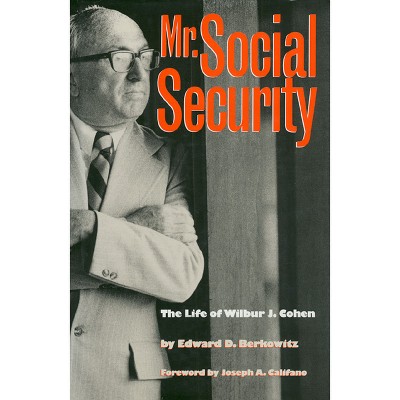Sponsored

Everett Dirksen and His Presidents - by Byron C Hulsey (Hardcover)
In Stock
Sponsored
About this item
Highlights
- He was as recognizable by his mellifluous voice as by his rumpled appearance.
- Author(s): Byron C Hulsey
- 352 Pages
- Biography + Autobiography, Political
Description
Book Synopsis
He was as recognizable by his mellifluous voice as by his rumpled appearance. Everett McKinley Dirksen was one of the most colorful American politicians of the twentieth century and was considered by some the most powerful man in Congress. Now Byron Hulsey takes a new look at the senator from Illinois to show how his interactions with the White House made him a pivotal figure in American politics during the Cold War era. Hulsey traces Dirksen's relationships with four presidents to show how the senator shifted from being a major Republican critic of Truman to an ardent Republican supporter of LBJ. Dirksen learned "suprapartisan politics" from Eisenhower and became Ike's most trusted confidant on Capitol Hill; then as Senate Minority Leader he played a key role in furthering the ambitious goals of the Johnson administration. Hulsey analyzes the reasons for Dirksen's dramatic policy reversals, telling how the senator who in 1950 warned of the dangers of a leviathan executive came to embrace the power of the presidential office to provide for the social welfare, contain the spread of communism, and guarantee civil rights. Drawing on primary sources at the Johnson presidential library and the Dirksen Congressional Center, Hulsey shows how the senator combined legislative craftsmanship with the ability to get bills passed. He links Dirksen to the issues and events that shaped the 1950s and 1960s and tells how the Johnson-Dirksen coalition moved domestic policy forward through civil rights legislation but ran aground on the insurmountable problem of Vietnam. Hulsey also uses Dirksen's career to explore change, continuity, and conflict in the Republican Party over two decades. He explains how the GOP evolved through internal political and ideological tensions from the Taft-Eisenhower contest through the McCarthy era to the beginning of Nixon administration, revealing Dirksen's role in that process. By the time of Dirksen's death in 1969, the Vietnam War, the explosion of urban riots, and President Nixon's preference for the politics of resentment put an end to the suprapartisan spirit. Hulsey's book recreates a Washington milieu the likes of which may never be seen again, offering a lens for viewing postwar American politics while painting the definitive political portrait of one of our most remarkable leaders.Review Quotes
"Hulsey has brought back to life one of the most colorful, effective and distinctive personalities ever to sit in the U.S. Senate."--Washington Times
"Hulsey has examined the scattered papers of Dirksen and his Senate colleagues, weaving far-flung archival material with the secondary literature to produce a seamless narrative. Well written and absorbing, Hulsey's book represents an important effort to recapture the essence of political history in the Cold War as well as the crucial role Congress played in shaping, rather than just being shaped by, the postwar consensus and its imperial Presidential offspring."--H-Net Reviews
"Byron Hulsey has written an engaging study of U.S. Senator Everett Dirksen, a giant in every sense of the word, who will long be remembered as a skillful politician and counsel to presidents."--Journal of Politics
"This books will stand as the definitive biography of the Illinois senator for the next generation or so."--Journal of Illinois History
"Formidable legislator and frustrated Shakespearean actor, Everett Dirksen, has received the recognition he is due. . . A splendid new political biography."--David Broder
"A thoroughly engaging, judiciously presented, and richly documented study of a pivotal figure in Cold War era American political history. Hulsey demonstrates full command of his material; has located and effectively mined the rich but widely scattered primary sources; and has skillfully fashioned a smoothly flowing narrative likely to appeal to a sizeable audience."--Richard A. Baker, director of the United States Senate Historical Office and author of The Senate of the United States: A Bicentennial History
"A lively and perceptive study of an important and colorful Republican leader that greatly enhances our understanding of congressional politics in the 1960s."--Robert A. Divine, author of America Past and Present and Eisenhower and the Cold War











